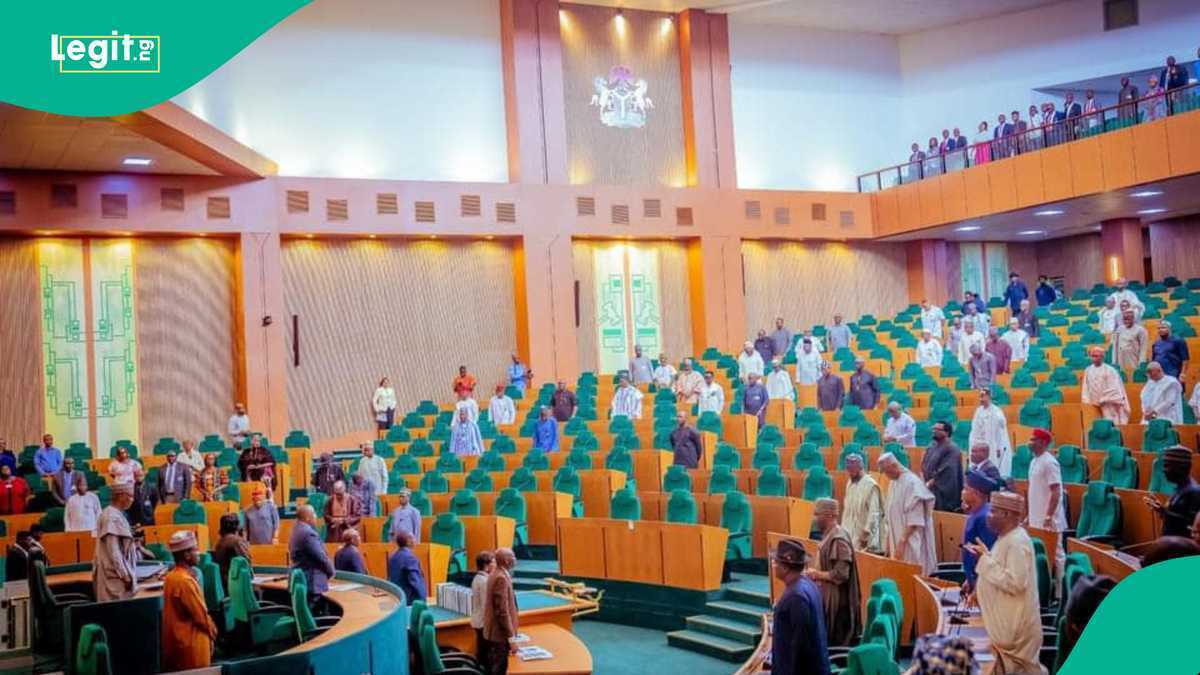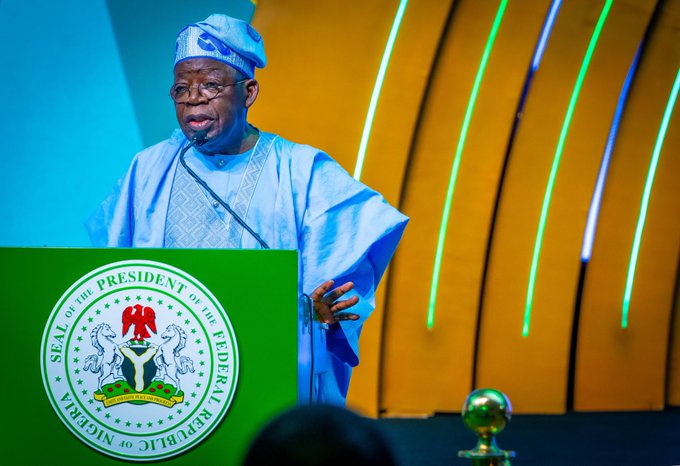Listeners:
Top listeners:
00:00
00:00
volume_up
chevron_left
-
play_arrow
104.9FM Best rock music demo
-
play_arrow
Demo Radio Nr.1 For New Music And All The Hits!
-
play_arrow
Demo Radio Techno Top Music Radio
-
 play_arrow
play_arrow
Police Commissioner Launches Weapon and Riot Control Training for FCT Officers Democracy Radio

share
close
By Oluwakemi Kindness

The House of Representatives has commenced deliberations on twelve landmark bills aimed at repositioning Nigeria’s solid minerals sector as a central pillar of economic diversification and national growth.
The public hearing to this effect, organised by the House Committee on Solid Minerals, brought together government agencies, industry players, community representatives, and other stakeholders to make submissions on the proposed legislation.
Declaring the hearing open, Speaker of the House of Representatives, Tajuddeen Abbas, represented by Mark Useni, said the exercise is a “strategic pivot” in Nigeria’s economic agenda.
He noted that the country could no longer afford to depend solely on crude oil: “These bills collectively address the key challenges and opportunities in this sector, from legal frameworks and institutional reforms to funding mechanisms and human capital development,”
“As we look towards building a diversified, resilient, and inclusive economy, the development of our solid minerals sector is not just an option—it is an imperative.” Abbas added.
Key proposals under consideration include the repeal of the Nigerian Coal Corporation Act and the establishment of the Nigeria Coal Development Commission; the creation of a Lithium Development Commission to position Nigeria in the global clean energy value chain.
Also, the setting up of Federal Institutes of Mining and Geosciences in six states; the establishment of a Nigerian Mining Development Bank to support indigenous miners; and creation of a Solid Mineral Communities Development Commission to ensure host communities benefit directly from mining activities.
Chairman of the Committee on Solid Minerals, Gaza Jonathan Gbefwi, stressed that the legislative initiative is not only a constitutional responsibility but also a strategic step towards unlocking the sector’s full potential.
“For decades, this potential has remained underutilized due to outdated laws, weak institutional frameworks, and poor funding mechanisms,” Gbefwi said.
“These bills are designed to reverse that trend and to place the solid minerals sector at the heart of Nigeria’s economic transformation.”
Stakeholders at the hearing expressed support for the passage of the bills, noting that many of the laws guiding the sector were obsolete and in urgent need of reform.
Written by: Democracy Radio
#DemocracyRadio #House of Reps #NASS
Rate it
Similar posts
Copyright Democracy Radio -2024


